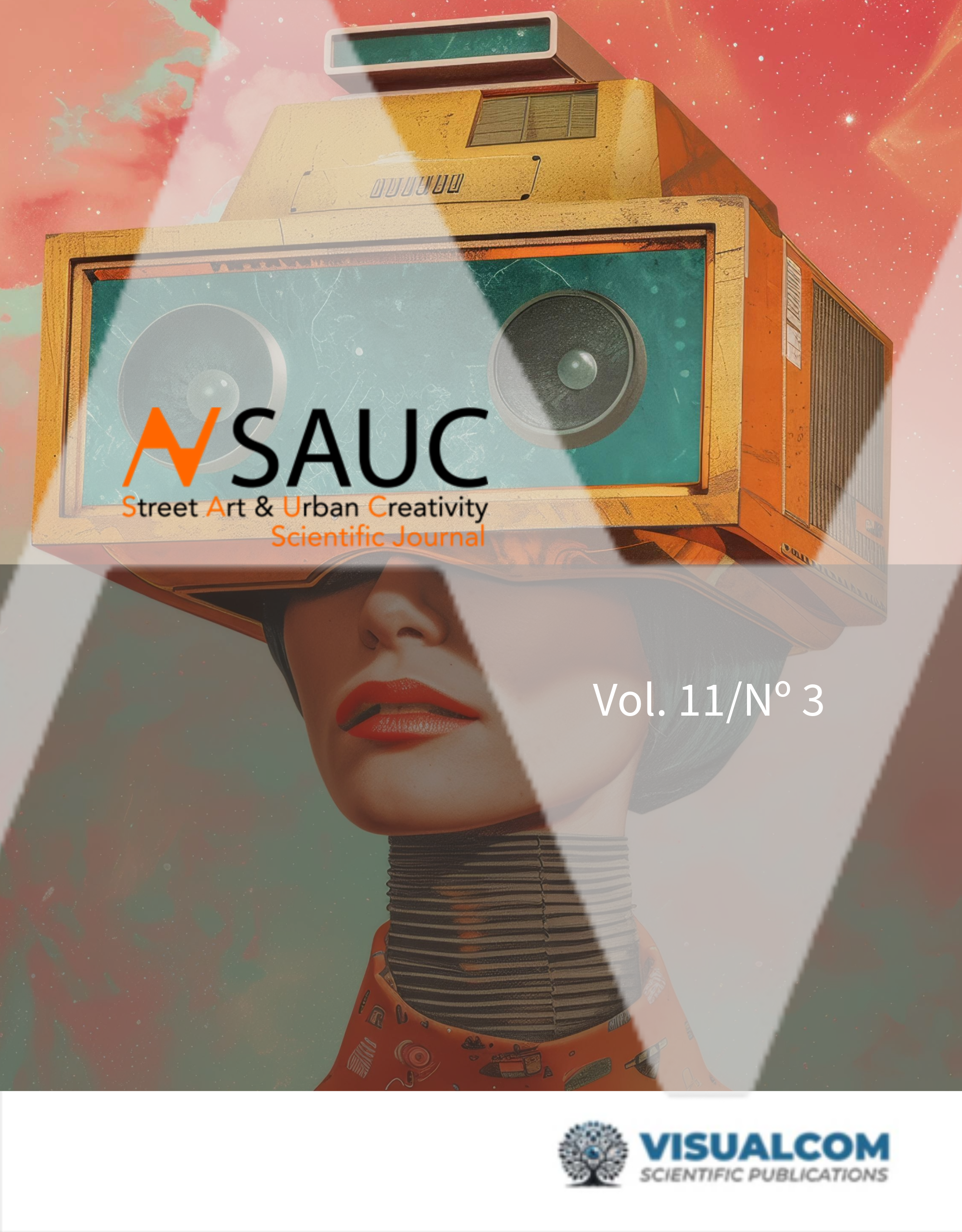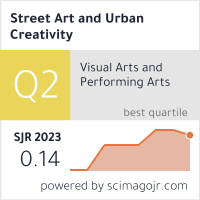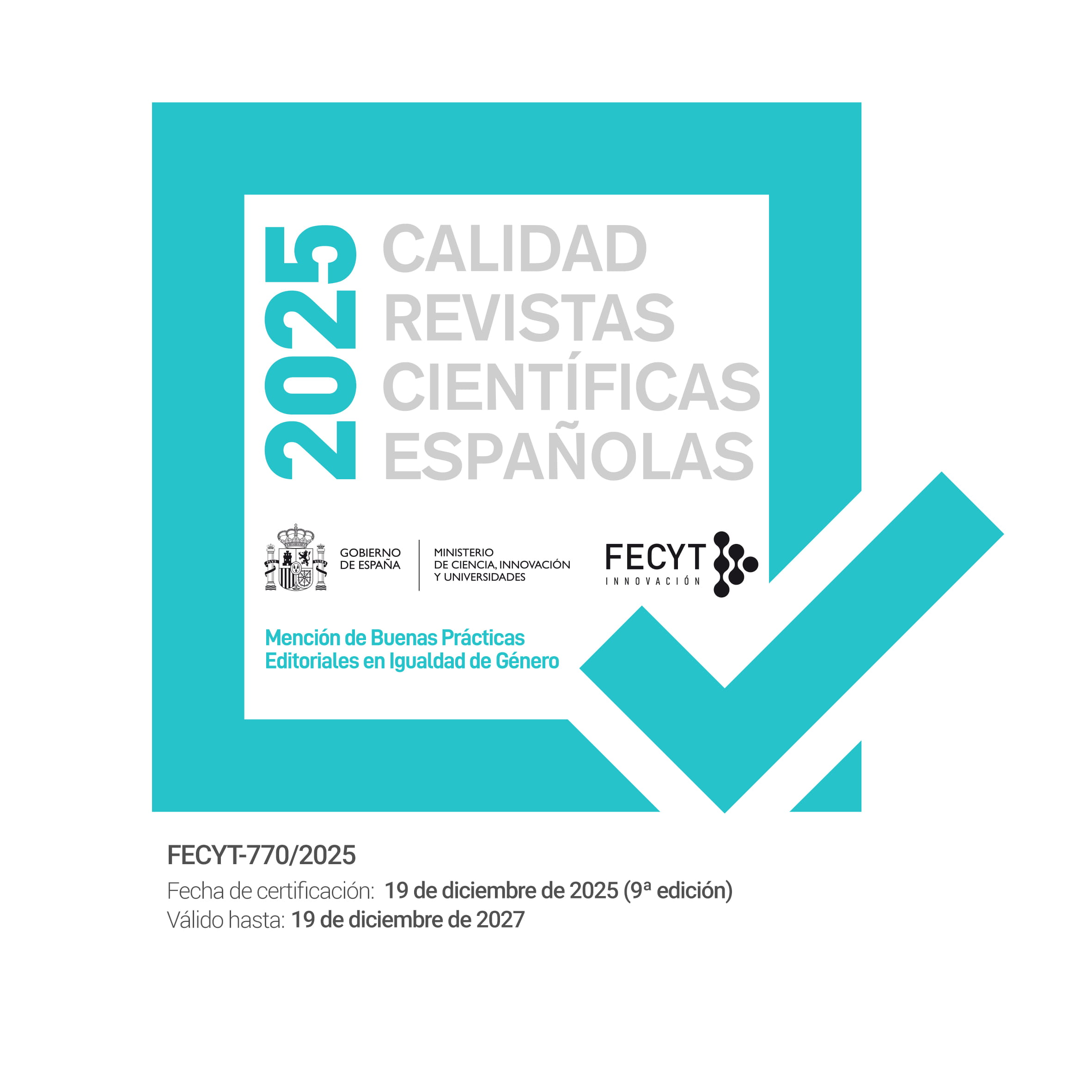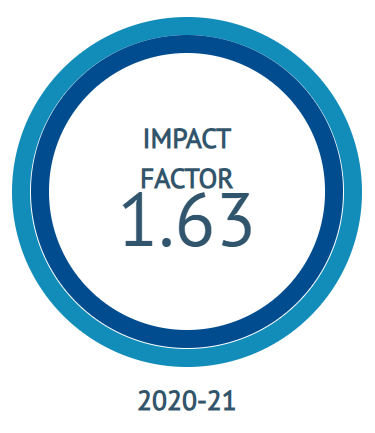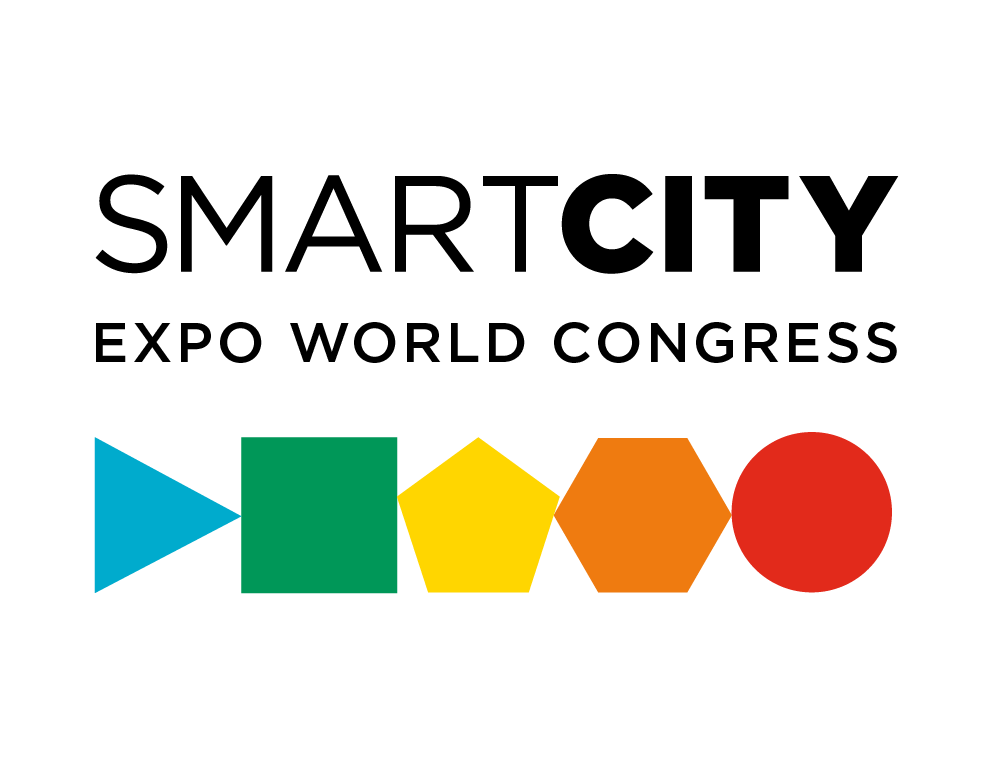Companies and the Sustainability Due Diligence Directive and their impact on creative cities
A regulatory contribution
DOI:
https://doi.org/10.62161/sauc.v11.5735Keywords:
sustainability, business, creative cities, regulations, law, cities, Diligence DirectiveAbstract
The phenomenon of cities adapting to become healthier and more habitable spaces has forced the companies that are part of them to become sustainable places and prepared so that their workers can contribute to being part of a better city.
Using a qualitative methodology based on documentary analysis, this research paper analyses the existing regulations on sustainability and tries to assess the degree of commitment of current companies to become an active part of prosperous creative cities.
Downloads
Global Statistics ℹ️
|
265
Views
|
162
Downloads
|
|
427
Total
|
|
References
Calderero, A., Pérez, J., & Ugalde, I. (2006). Territorio inteligente y espacio de economía creativa: Una primera aproximación conceptual y práctica de investigación. XVI Congreso de Estudios Vascos: Desarrollo Sostenible-IT el futuro, (pp. 613-618).
Castro-Higueras, A., & De Aguilera Moyano, M. (2016). El índice de potencialidad de las industrias culturales y creativas. Fonseca Journal Of Communication, 13(13), 129-146. https://doi.org/10.14201/fjc201613129146 DOI: https://doi.org/10.14201/fjc201613129146
Espinar Ruiz, E. (2014). Estereotipos de género. Padres y Maestros / Journal of Parents and Teachers, (326), 17-21. https://revistas.comillas.edu/index.php/padresymaestros/article/view/1319
Favaretto, L., & Da Silva, E. (2014). Índice De Potencial Criativo Dos Municipios Brasileiros e Desenvolvimento: Um Enfoque Multidimensional [Anais do XLI Encontro Nacional de Economia [Proceedings of the 41st Brazilian Economics Meeting]. ANPEC-Associação Nacional dos Centros de Pós-graduação em Economia [Brazilian Association of Graduate Programs in Economics].
Felton, E., Collis, C., & Graham, P. (2010). Making connections: Creative industries networks in outer suburban locations. Australian Geographer, 41(1), 57-70. https://doi.org/10.1080/00049180903535576 DOI: https://doi.org/10.1080/00049180903535576
Galeano, M. E. (2018). Estrategias de investigación social cualitativa. Medellín, Colombia: Fondo Editorial FCSH.
Galvis Ardila, J. (2016). Comunicación: reputación crecimiento empresarial. Pensamiento y Gestión, (41). DOI: https://doi.org/10.14482/pege.41.9711
Gismera, E., Fernández, J. L., & Labrador, J. (2019). Suffering at Work: A Challenge for Corporate Sustainability in the Spanish Context. Sustainability, 11(15). https://doi.org/10.3390/su11154152 DOI: https://doi.org/10.3390/su11154152
Herrera-Medina, E., Bonilla-Estévez, H., & Molina-Prieto, L. F. (2013). Ciudades creativas: Paradigma económico para el diseño y la planeación urbana. Bitácora 22, 20(1), 11-20.
Iglesias Mendizábal, F. I. (2023). Ciudades creativas: aproximaciones metodológicas para la construcción de una narrativa. De la visión multilateral a la planificación local [Tesis de doctorado, Universidad de Valladolid]. UvaDoc. https://doi.org/10.35376/10324/63653 DOI: https://doi.org/10.35376/10324/63653
Makridakis, S. (2017). The forthcoming Artificial Intelligence (AI) revolution: Its impact on society and firms. Futures, 90, 46-60. https://doi.org/10.1016/j.futures.2017.03.006
Martin Buitrago, D. (Junio de 2020). Teletrabajo: una oportunidad en tiempos de crisis. Revista CES Derecho, 11(1). https://doi.org/10.1016/j.futures.2017.03.006 DOI: https://doi.org/10.1016/j.futures.2017.03.006
Méndez, R., Michelini, J. J., Prada, J., & Tebar, J. (2012). Economía creativa y desarrollo urbano en España: Una aproximación a sus lógicas espaciales. EURE (Santiago), 38(113), 5-32. http://dx.doi.org/10.4067/S0250-71612012000100001 DOI: https://doi.org/10.4067/S0250-71612012000100001
Olmedo-Barchello, S., Cristaldo, J. C., Rodríguez, G., Da Silva, M., Acosta, A., & Barrios, O. (2020). Ciudades creativas y su aporte a la creación de un nuevo modelo de desarrollo económico, social y cultural. Una revisión de la literatura. Población y Desarrollo, 26(50), 53-63. https://doi.org/10.18004/pdfce/2076-054x/2020.026.50.053-063 DOI: https://doi.org/10.18004/pdfce/2076-054x/2020.026.50.053-063
Paredes, C., & Gismera, E. Z. (2024). Inteligencia artificial y el gobierno corporativo. en las empresas. Retos para un nuevo mercado laboral. En J. Sierra, & S. Ormaechea (Coord.), Entre pantallas y realidades: una travesía por el universo audiovisual (pp. 489-502). Madrid, España: McGraw Hill.
Paredes, C., Gismera, E., & Labrador, J. (2021). Relaciones profesionales, redes sociales, derecho a la libertad de expresión, a la intimidad y a la propia imagen. Comred Lisboa.
http://hdl.handle.net/11531/54515
Puig-Barrachina, V., Vanroelen, C., Vives, A., Martínez, J. M., Muntaner, C., Levecque, K., Benach J., Louckx, J. M. (2014). Measuring employment precariousness in the European Working Conditions Survey: The social distribution in Europe. Work, 49 (1), 143-161. https://doi.org/10.3233/WOR-131645 DOI: https://doi.org/10.3233/WOR-131645
Rikkie, F. J., & Zuleta, L. (2020). Private Governance of Freedom of Expression on Social Media Platforms: EU content regulation through the lens of human rights standards. Nordicom Review, 41(1). https://doi.org/10.2478/nor-2020-0003 DOI: https://doi.org/10.2478/nor-2020-0003
Roffé, M. (2024). El impacto de las prácticas sostenibles en el desempeño financiero de las empresas: Una revisión de la literatura. Revista Científica Visión de Futuro, 28(1). https://visiondefuturo.fce.unam.edu.ar/index.php/visiondefuturo/article/view/839 DOI: https://doi.org/10.36995/j.visiondefuturo.2023.28.01.006.es
Scott, A., J. (2007). ¿Capitalismo y urbanización en una nueva clave? La dimensión cognitivo-cultural. Tabula Rasa, 6, 195-217. https://doi.org/10.25058/20112742.292 DOI: https://doi.org/10.25058/20112742.292
Seligmann-Silva, E. (2014). Trabajo y Desgaste Mental. El derecho a ser dueño de sí mismo. Sao Paulo, Brasil: Octaedro.
Trujillo Cabrera, C. (2024). El derecho a la propia imagen (y a la voz) frente a la inteligencia artificial. Indret: Revista para el Análisis del Derecho, 1, 74-113. https://doi.org/10.31009/InDret.2024.i1.02 DOI: https://doi.org/10.31009/InDret.2024.i1.02
Whittingham, K. L., Earle, A. G., Leyva-de la Hiz, D. I., & Argiolas, A. (2023). The impact of the United Nations Sustainable Development Goals on corporate sustainability reporting. BRQ Business Research Quarterly, 26(1), 45-61. https://doi.org/10.1177/23409444221085585 DOI: https://doi.org/10.1177/23409444221085585
Downloads
Published
How to Cite
Issue
Section
License
Copyright (c) 2025 Authors retain copyright and transfer to the journal the right of first publication and publishing rights

This work is licensed under a Creative Commons Attribution-NoDerivatives 4.0 International License.
Those authors who publish in this journal accept the following terms:
-
Authors retain copyright.
-
Authors transfer to the journal the right of first publication. The journal also owns the publishing rights.
-
All published contents are governed by an Attribution-NoDerivatives 4.0 International License.
Access the informative version and legal text of the license. By virtue of this, third parties are allowed to use what is published as long as they mention the authorship of the work and the first publication in this journal. If you transform the material, you may not distribute the modified work. -
Authors may make other independent and additional contractual arrangements for non-exclusive distribution of the version of the article published in this journal (e.g., inclusion in an institutional repository or publication in a book) as long as they clearly indicate that the work was first published in this journal.
- Authors are allowed and recommended to publish their work on the Internet (for example on institutional and personal websites), following the publication of, and referencing the journal, as this could lead to constructive exchanges and a more extensive and quick circulation of published works (see The Effect of Open Access).

